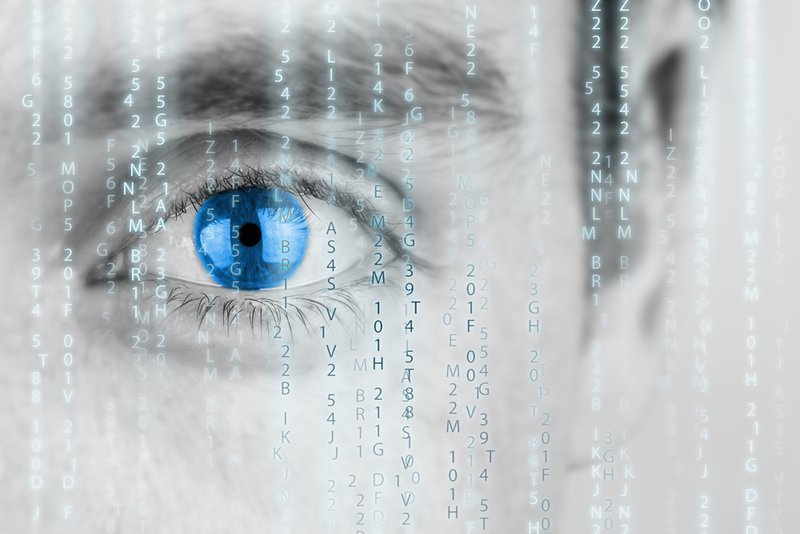Today, Artificial Intelligence has transformed digital voice assistants into real-time observers and collectors of information that is discussed in homes and offices.
They are capable of pulling data from smart devices and cloud services and also make proper sense of it. Information in cyberspace goes through exploitation on a large scale, widening the scope for legal challenges and breach of certain policies. If you are concerned about the role of legal firms in dealing with cyberspace issues, read ahead.
Consumer Privacy Concerns through Internet Marketing in Cyberspace
Online sites, smart devices, and social media inherit the ability to share personal information in ways ambiguous to consumers. In other words, privacy concerns in cyberspace amplify when breaches, cyberattacks, and unsanctioned disclosure of personal information reach the media.
Most organizations use a ‘clickwrap’ method to ensure the user’s agreement stands up legally. A clickwrap method requires the customer to click an “I Agree” checkbox to the Privacy Policy in some way. After all, this manipulation to avoid a breach of contract infringes on the sanctity of privacy. It has been classified as a fundamental right.
An article by Nadya Berova, in the case of Google Spain SL v Agencia Espanola de Proteccion de Datos (the Google Decision), talks about Google as a ‘form of Internet governance, fracturing the balance between privacy and freedom of information in the connected world. We have become attuned to full exposure by routinely signing over access to information, privacy is no longer the issue – the real concern is control.’
Legal Breakthroughs – Europe, California, and Vermont
Here are the different legal breakthroughs of a few countries:
- General Data Protection Regulation (GDPR) established in May 2018 extended European Union (EU) jurisdiction past those nations.
- The California Consumer Privacy Act (CCPA) reflects the most comprehensive online privacy law in the U.S. when it comes to cyberspace.
- Vermont ratified a law entailing data brokers to divulge the data being collected to consumers and permit them to opt-out of the contract.

Right to be Forgotten – Personal, in Europe and the U.S.
IT violation is an unregulated territory in most countries, including the United States of America and India that refuted the sections against slander and violations of privacy in cyberspace.
It is, therefore, the liability of the consumers to cognize the grounds a particular organization stands on when it comes to cyberspace. In addition, Maybe, they can’t control what Personal Information goes on a platform. However, they have the right to know where it is available.
Europe
- Protecting PI is a civil right and a legal mandate. Under Article 17 of the GDPR, the individual of concern holds all the rights to acquire the erasure of personal data from the controller that concerns him/her without any delay.
- It provides protection against incorrect, misleading, or irrelevant usage of PI. The publicly accessible data that does not offset the preeminent interests cannot be expunged.
- Under GDPR, firms cannot withhold copies of clients’ personal data, whereas the opposite exists under American policy.
The U.S.A.
The flow of PI is by First Amendment of Free Speech and the free exchange of truthful information.
Data subjects can request for private data to be taken down, but no legal mandate backs these statements. Similarly, the U.S.A. works on private company policies rather than nationwide legal decrees.
How Does the Right to Be Forgotten Affect Law Firms?
Here’s how the act affects different law firms in these countries:
Europe
- The firm must educate the client with reasons for asserting personal data and how it will be used.
- Data subjects can demand to view their data withheld with the controller at any time.
- The firm must turn in all copies of information once the case is over.
The U.S.A.
- It does not follow GDPR; however, laws pertaining to HIPAA, Fair Credit Reporting Act, and California Minor Eraser law (CA only) are followed within the firm.
- Data subjects can access information at any time. However, a copy of it remains with the controller indefinitely.
In sum, the issues pertaining to cyberspace are quite intricate, and the law firms act as data controllers in case of disputes. This is because it is responsible for handling the litigation cases of its clients. Therefore, it has to process and make use of an individual’s data accordingly. Law firms need to be quick with their solutions. This is essential to eliminate the defamatory or unauthorized content from any public domain.




